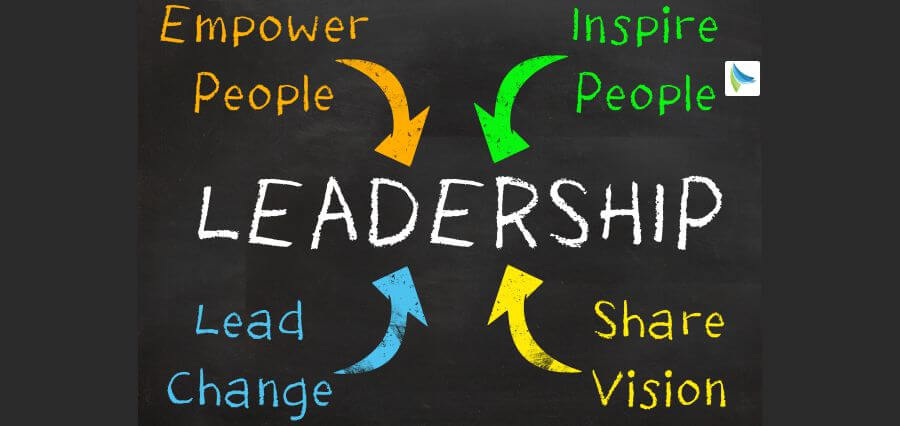Leadership is an intricate synergy of intellectual capability, emotional intelligence, and strategic intelligence. Decision-making, the ultimate hallmark of leadership, is tempered by a host of psychological variables ranging from cognitive bias to management of stress. Coaching has served as an intense leaven in enabling leaders to overcome such impediments, bringing clarity, fortitude, and flexibility into decision-making. By incorporating leadership training with coaching, companies are able to get their leaders to make more enlightened and more knowledgeable decisions towards long-term success.
Understanding the Psychology of Leadership
The leadership psychology is derived from how people think, manage emotions, and relate with their people. Leaders are tasked with making choices that not only affect business performance but also the people they work with. Cognitive biases can at times skew judgment and result in ill-informed or impulsive decisions. Confirmation bias, where people prefer information that affirms their current views, and overconfidence bias, where leaders overestimate their capabilities, are pitfalls that lead themselves to easily.
Emotional intelligence is one of the key drivers of effective leadership. Leaders who are able to manage their emotions and empathize with others make well-balanced and human-focused decisions. They possess good self-awareness that helps them understand when emotions may be dictating their choices, and flexibility helps them navigate uncertainties easily. Resilience is also a psychological characteristic that identifies how leaders react to adversity, uncertainty, and pressure. Resilience, the capacity to bounce back from adversity while keeping one’s eye on the long-term goal, distinguishes successful leaders.
The Role of Coaching in Leadership Development
Coaching offers a formal and personal method of leadership development. In contrast to conventional management training based on technical competency, coaching relies on behavioral change and self-knowledge. Individual discussions between coaches and leaders allow them to build blind spots, improve decision-making models, and create plans to improve their own performance.
Increase self-awareness is one of the key advantages of coaching. These kinds of leaders who understand their strengths, weaknesses, and behavioral patterns will make more strategic and informed choices. By breaking down past decision-making, they can recognize the patterns that need to be broken and, in the long run, their leadership will become more intentional. Problem-solving is further strengthened by coaching because coaches will guide leaders to think through a problem from several different angles before deciding on the direction to move. Instead of acting by impulse, they learn to halt, evaluate, and react to challenges with a thoughtful mentality.
Communication is also one of the key areas where coaching comes in handy. Leaders need to be able to verbalize their vision, motivate their teams, and build teamwork. Coaching assists in building communication styles, and thus messages are delivered with honesty and precision. Effective communicators who are leaders establish a culture of trust, employee dedication, and shared purpose, which facilitates improved decision-making across an organization.
Shaking Off Decision-Making Biases by Coaching
Cognitive biases can prevent a leader from making objective conclusions. Coaching offers methods to transcend these biases such that decisions are fact-based, and not emotional or assumption-based. A coach is able to ask a leader some tough questions to get him or her to change perspectives or challenge entrenched assumptions. Coaching creates an environment of critical thinking such that leaders make conclusions in the best interest of their organization.
And yet another way in which coaching enhances decision-making is by augmenting emotional intelligence. Leaders who are more adept at handling their emotions do not make decisions based on frustration, anxiety, or stress. Coaching brings leaders to develop emotional stability through mindfulness exercises, self-reflectional activities, and facilitated conversations, and thus their decisions become more logic- and foresight-based.
Creating a Coaching Culture in Organizations
Though one-on-one coaching is very effective, organisations can make it even more effective by integrating coaching in their leadership culture. When coaching principles are part of the everyday activities, leaders across levels are inspired to embrace a mindset of growth, ongoing improvement, and development of others through coaching. This has a cumulative effect where decision-making is more collective, based on knowledge, and in sync with the strategic goals of the company.
Companies that prioritize leadership coaching notice not just enhanced decision-making but business performance overall. Employees are more engaged, creativity is enhanced, and leaders have greater control over problems. Because companies are operating in an increasingly complicated and ever-changing environment, smart and adaptive decisions are now more crucial than ever.
The Future of Leadership Coaching
As leadership problems become more and more complicated, coaching can do no other than become an increasingly important part of professional growth. With virtual coaching platforms, AI-fueled insights, and data analytics leading the way, coaching becomes more personalized and scalable. Modern leaders are able to avail themselves of real-time feedback, behavioral analysis, and performance metrics so that they can more readily refine their decision-making processes with greater nuance.
In the end, leadership psychology and decision-making are dynamic disciplines, and the key to change is coaching. Through coaching, leaders learn the competencies and mindset required to lead through complexity, stimulate innovation, and actually transform their organizations.
Read Also: Mindfulness in Leadership: Why Coaches Are Focusing on Emotional Intelligence












